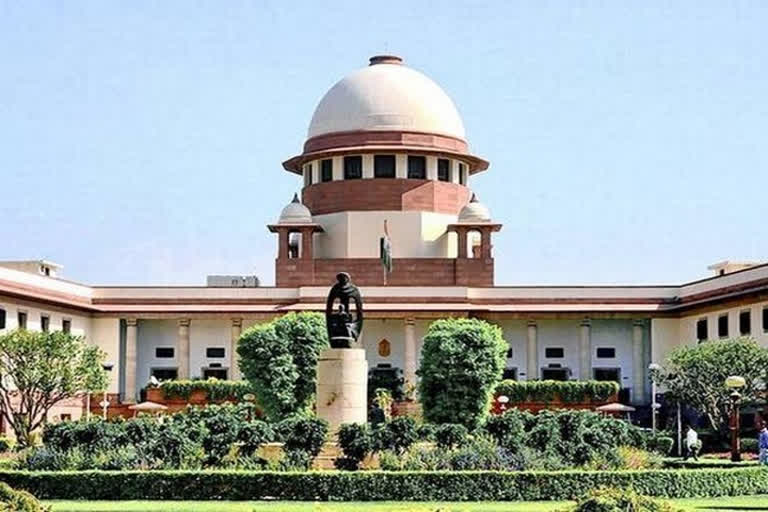New Delhi: The Supreme Court will hear a petition on Thursday filed by the Department of Telecommunications (DoT) to allow telecom companies to make staggered payment for their Adjusted Gross Revenue (AGR) dues. In the last hearing on June 11, the apex court came down heavily on telecommunication companies for not having paid the pending AGR dues. The apex court also said that the Centre misused the court's judgment in the matter.
A three-judge bench of the apex court, headed by Justice Arun Mishra and also comprising Justices MR Shah and S Abdul also asked Solicitor General Tushar Mehta to clearly tell why "totally impermissible" demand of Rs 4 lakh crore has been raised on the PSUs. Responding to a demand to allow these telecom companies to pay the mammoth AGR dues in a staggered fashion over a period of 20 years, the apex court asked who had seen 20 years in the future?
Also read: SC summons telecom bosses for non-payment of AGR dues
Mehta, appearing for the DoT, had said that the Central government has extensively examined the issue and has come out with the bail-out package. "It would be difficult for the companies to pay the amount in one go. If the court objects, it will adversely impact the telecom sector, effect network, and the consumers will ultimately suffer," Mehta submitted before the court.
Also read: SC questions DoT demand for AGR dues from PSUs, says it is totally impermissible
He said that the Central government will file an affidavit on why dues were raised against PSUs, after which the apex court asked the government to reconsider demands on PSUs. Telecom companies have to file affidavits on how will they pay the rest of the dues, the Supreme Court observed and adjourned the matter for further hearing on June 18.
(ANI Report)



